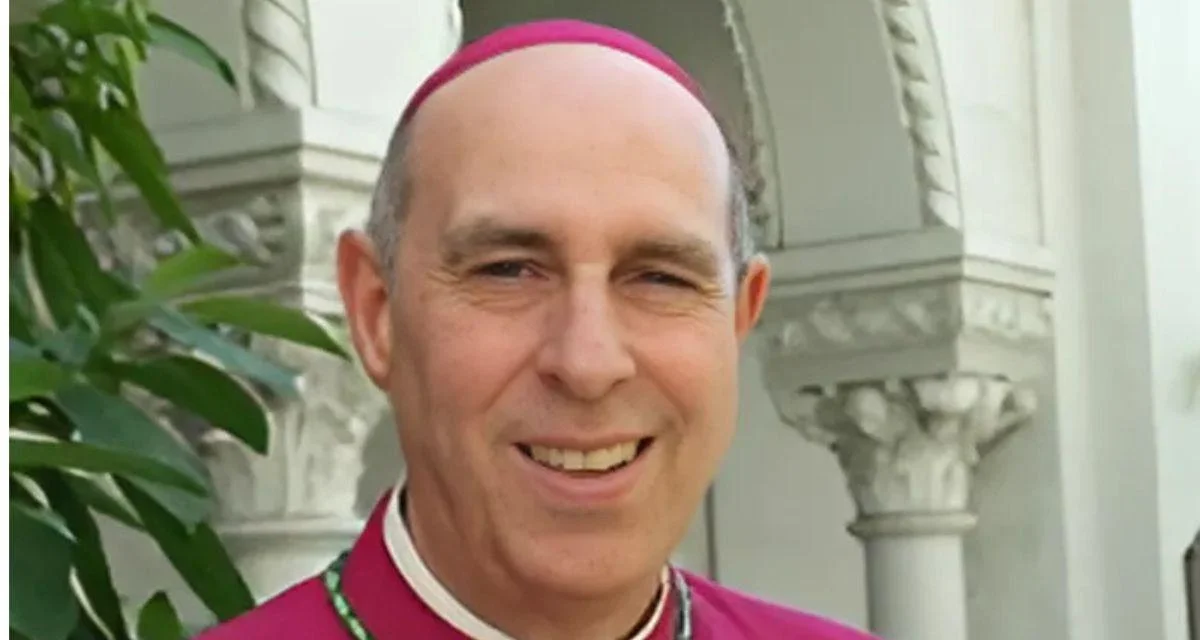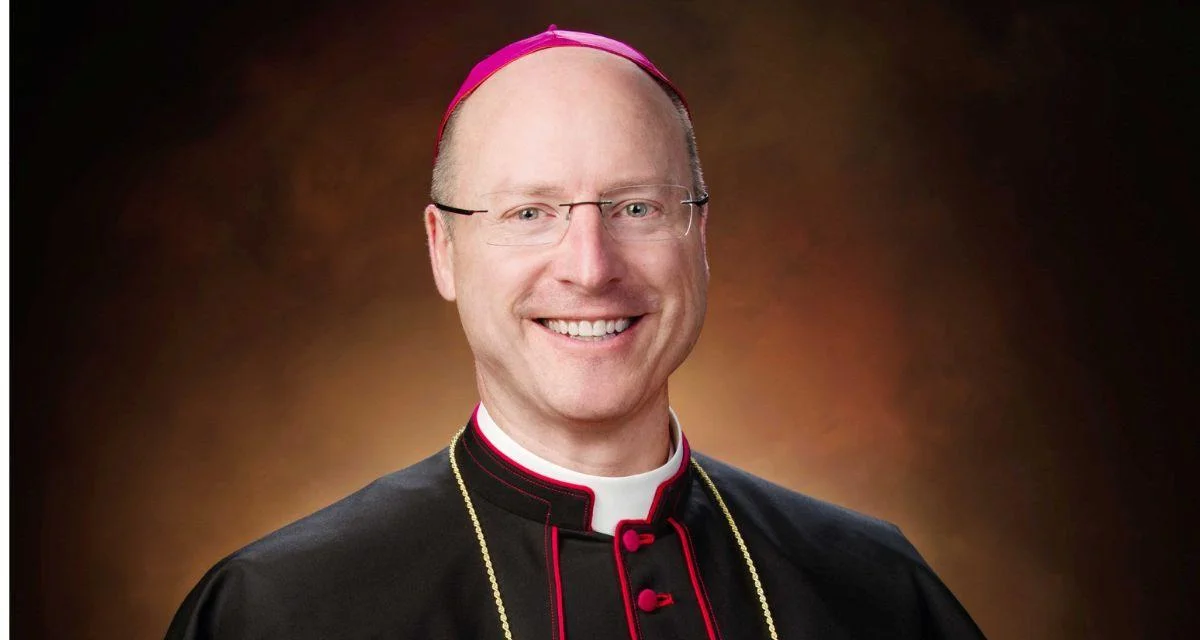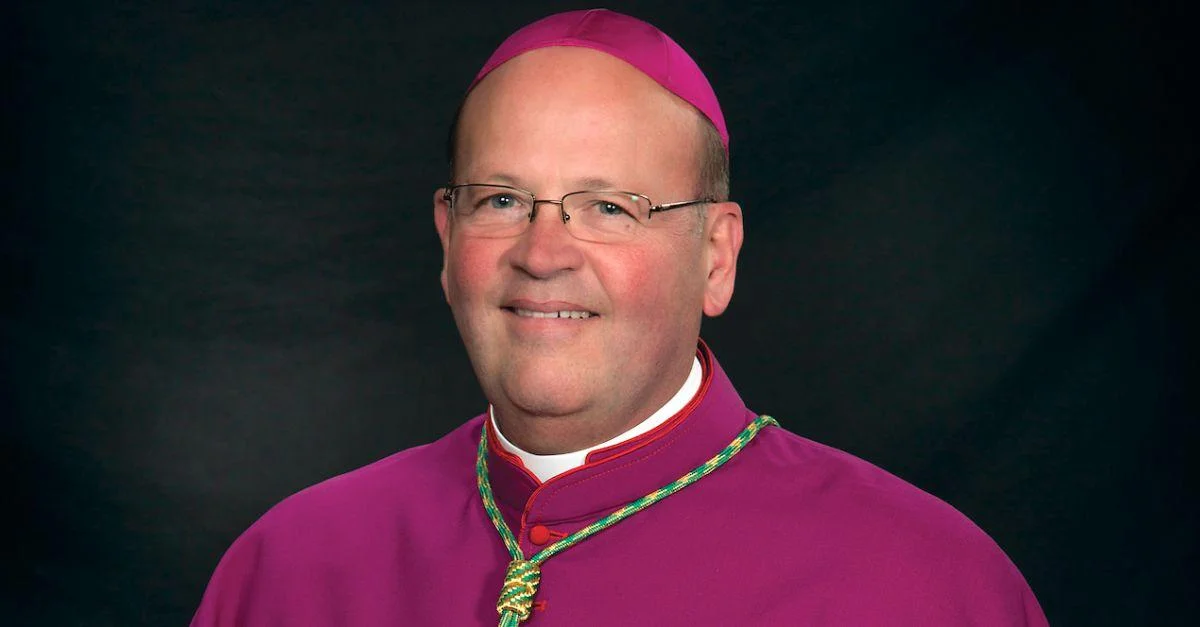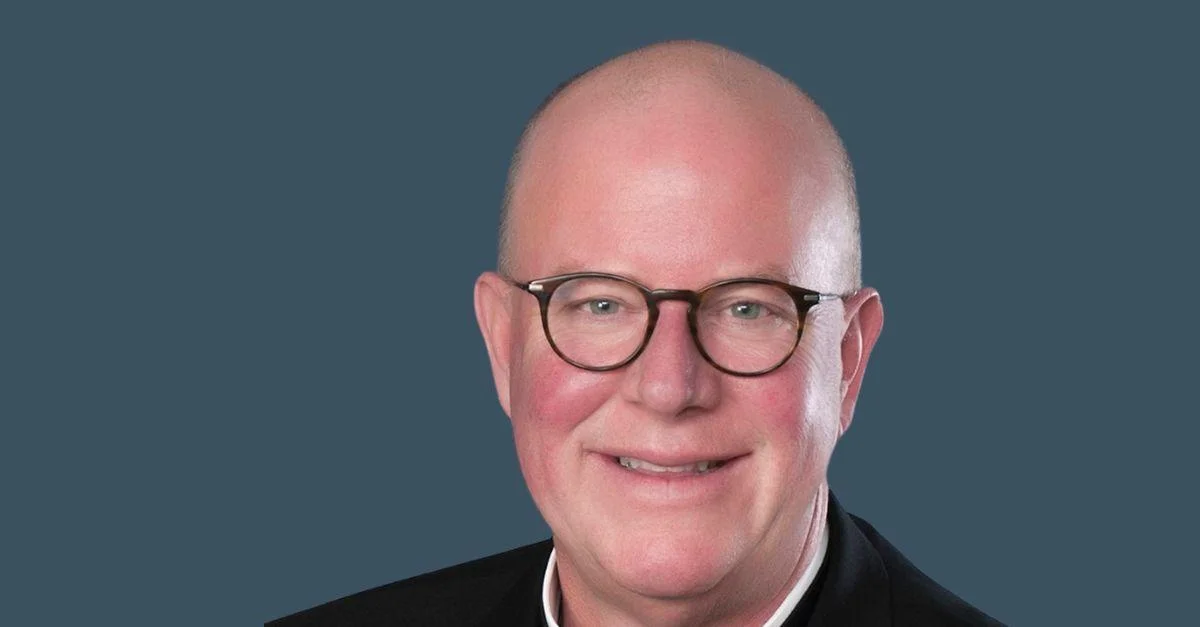
Bishop Thomas John Paprocki | Diocese of Springfield
In 2020, Amanda Aguilar faced legal challenges after using marijuana during her pregnancy. Her newborn son tested positive for marijuana at birth, leading to charges of child neglect. Aguilar defended her actions by stating that she used medical marijuana to manage severe morning sickness and had obtained a doctor-approved state license in Oklahoma.
However, such licenses are often general permits for personal use rather than specific medical prescriptions with monitored dosages. During court proceedings, a judge remarked that while Aguilar had permission to use marijuana, her baby did not, suggesting the act was illegal.
In 2024, the Oklahoma Court of Criminal Appeals decided that current state law does not permit prosecuting women with medical cards who use marijuana during pregnancy for child neglect. The Court recommended legislative changes to allow such prosecutions in the future.
Aguilar's case highlights parallels with alcohol consumption during pregnancy, which is strongly discouraged by health professionals due to risks like fetal alcohol spectrum disorders. The Centers for Disease Control (CDC) states that "The baby's brain is developing throughout pregnancy and can be affected by exposure to alcohol at any time."
Similarly, major health organizations like the American College of Obstetricians and Gynecologists advise against marijuana use during pregnancy. Delta-9-tetrahydrocannabinol (THC), the psychoactive component in marijuana, crosses the placenta and can appear in breast milk.
Despite declining alcohol and tobacco use among pregnant women in recent years in the United States, cannabis usage has risen. This trend may be linked to increased legalization efforts and reduced perceived risks associated with cannabis.
Research on cannabis use during pregnancy is less extensive compared to alcohol studies but indicates potential adverse outcomes such as stillbirths and cognitive impairments. These concerns underscore recommendations from health associations against cannabis use while pregnant.
Father Tadeusz Pacholczyk emphasizes considering alternatives for managing morning sickness without resorting to cannabis due to its potential risks. He warns about cannabinoid hyperemesis syndrome where prolonged cannabis use exacerbates nausea instead of alleviating it.
Health care professionals recommend other treatments for severe morning sickness that do not involve cannabis. These include pharmaceuticals deemed safe during pregnancy and rehydration therapies for dehydration symptoms.
Every pregnancy involves two individuals deserving care; thus, using medical marijuana for morning sickness appears neither necessary nor prudent according to Pacholczyk's perspective.
Father Tadeusz Pacholczyk holds a doctorate in neuroscience from Yale University and serves as Senior Ethicist at The National Catholic Bioethics Center in Philadelphia.





 Alerts Sign-up
Alerts Sign-up